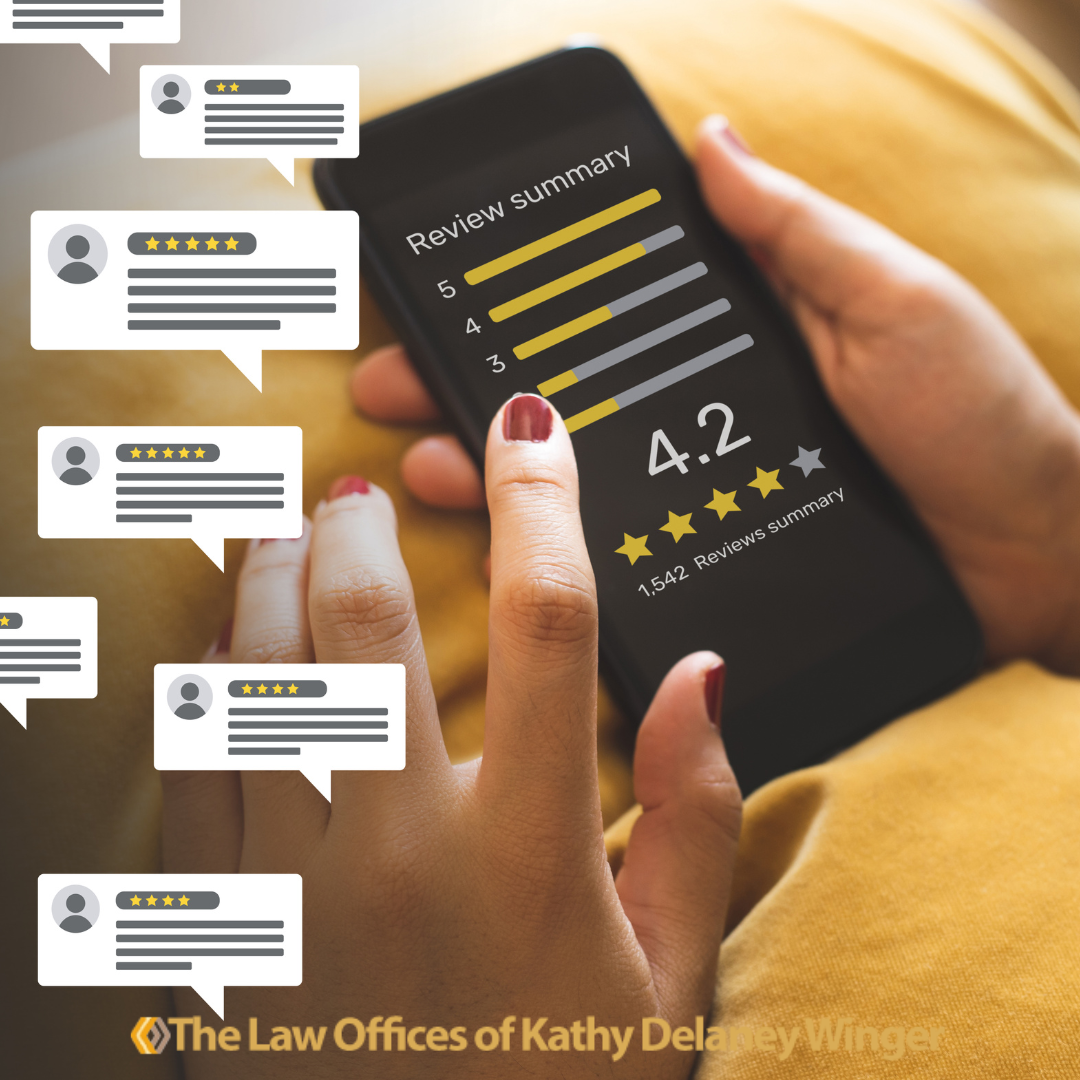How Widespread Fake Reviews are Impacting Businesses and Legal Consequences

How Widespread Fake Reviews are Impacting Businesses and Legal Consequences
Fake reviews have become an ongoing struggle for businesses in almost every industry and of almost any size not only on their websites and on review platforms, but also across social media. Reviews can be negative or positive, and left for any number of reasons, whether that means striking down a competitor or boosting their own business’ success. In recent years, some entities have begun to recruit large groups of people to leave these fake reviews, creating a widespread dilemma that can have drastic impacts on the businesses they affect. This potential loss of revenue, business reputation, and consumer confidence are driving businesses to take action against fake reviews, which is something that impacts both businesses and the average customer.
One popular way for entities to spread fake reviews is in Facebook groups, which are often made up of administrators who create the group, moderators who oversee it, and members who participate. Facebook groups created for the purpose of spreading fake reviews might be labeled accordingly – for example, “Product Reviews” – but to evade detection, many of them have come up with clever ways to disguise their purposes. These groups are so popular that this summer, Amazon took legal action against some negative review groups. The FTC has also stepped into the fray by announcing that it is exploring a potential rule to combat deceptive or unfair review and endorsement practices such as using fake reviews, suppressing negative reviews, and paying for positive reviews.
With respect to Amazon, in July 2022, it filed a lawsuit against the administrators of over 10,000 different Facebook groups that allegedly exchanged cash or other incentives in exchange for product buyers to leave fake reviews. They were spread internationally, leaving reviews for products on Amazon storefronts including the U.S., the U.K., France, Germany, Spain, Japan, and Italy. One group named “Amazon Product Review” had over 40,000 members until Facebook removal after Amazon reported it earlier this year. Many of these review groups were dedicated to leaving reviews that boosted product ratings, enabling entities to make more sales. Meta Platforms, the company that owns Facebook, Instagram, and WhatApp, has already removed over half of these groups for violating its rules and continues an ongoing investigation. Amazon continues investigations as well, with roughly 12,000 employees dedicated to finding reviews, scams, and other fraudulence across platforms, including Facebook as well as Instagram, TikTok and Twitter.
In cases like this, there is a question as to who is responsible for the potential increase or loss of business. Amazon’s lawsuit could have major implications for the group administrators, but the consequences of fake review schemes like this have the potential to trickle down to group moderators and members who took part. As an individual consumer, it’s important to not only stay vigilant knowing that fake reviews may be widespread online, but it’s also crucial that you protect yourself by avoiding social media groups that may have fraudulent purposes and by only leaving reviews that are honest. Your words have meaning, and they need to be carefully measured.
The information presented here is for general educational purposes only. It does not constitute legal advice and does not create an attorney-client relationship.